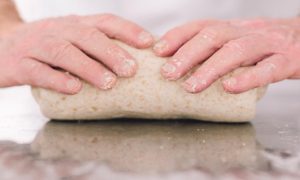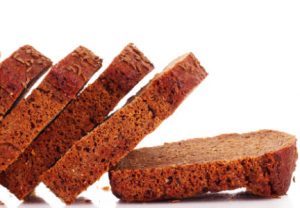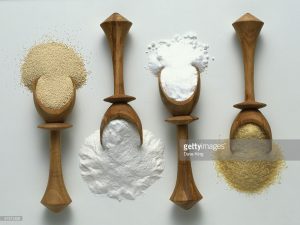Why yous are less and less likely to be having a barm for your tea: The Southern way of speaking is spreading say researchers
Aye up! A lump of bread that can be cut in half and filled with food in order to create a sort of tasty bulky sandwich. Is it a roll, a bap, a bun, a barm or even a teacake?
The body part attached to the bottom of your ankle, a key component in the processes of standing and shoe wearing – does the word for it rhyme with strut?
And what of the perennial question over what to call the evening meal?
When you sit down to eat, are you having dinner, tea, supper or a combination of all three?
Vitally important questions no doubt, and questions answered by a range of respondents from across the UK for a study into ‘Language Variation and Change’ conducted by the University of Manchester.
1,400 English speakers, ranging in age between 10 and 87, were involved in the study which claims to have established that – in matters of language usage at least – the North / South divide appears to be diminishing.
The study found, to the likely horror of those who live anywhere above the Watford Gap (where the North begins is a whole other debate), that Southern usage is spreading North.
Take the example of the humble bread roll for instance.
36% of respondents referred to the bready lump as a roll, a word more commonly associated with Southern usage, with 18% referring to it as a bap (which is considered mostly Northern), and 16% as a bun – thought of also as Northern.
Other words in minority usage include â€کtea cake’ north of Manchester and â€کcob’ in the Midlands. The word roll, however, that used to largely be used by those in the South east is now used by a majority across the country.
The mainly Southern word ‘trousers’ is now used across the country to describe what Northerners might at one time have referred to as ‘pants’.
A group of people is referred to as ‘you guys’ in the majority of the country, with the word ‘yous’ being a minority usage, once again in the North.
Speaking to Phys.org linguist Laurel MacKenzie said that the northern way of rhyming the words “cut†and “put†is in fact how they were pronounced centuries ago.
“Speakers in the South of England moved away from this pronunciation in the 1500s, but their way of saying these words didn’t make it to the North,†she said.
“However, we’ve compared our maps to those put together a few decades ago, and it looks like the Southern pronunciation is slowly creeping northward.â€




